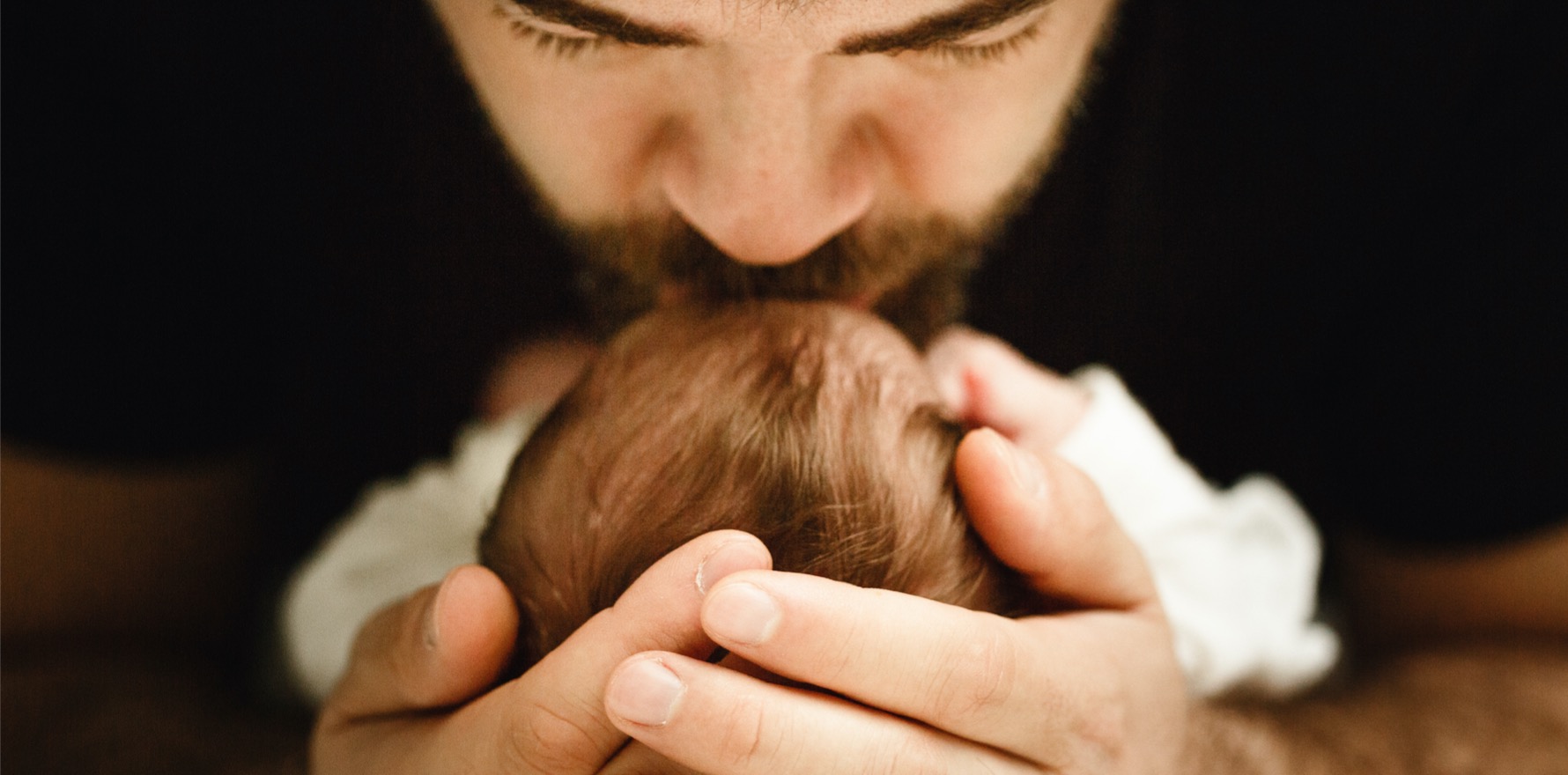And the earlier these men were diagnosed, the fewer kids they had and the unhappier they were.
Men with inflammatory arthritis have lower fertility rates, and the earlier they are diagnosed with arthritis the less happy they are with the size of their family, according to a new Dutch study.
When diagnosed with inflammatory arthritis (IA) before and during peak reproductive age, men also had higher rates of involuntary childlessness and more fertility problems, the study found.
“This research really brings to the forefront that we should be discussing fertility more with male patients,” said Professor Peter Youssef, clinical professor of rheumatology at the University of Sydney.
“Male fertility has been underexplored because rheumatoid arthritis has largely been a female problem and most studies around fertility have been about women and outcomes for babies,” he said.
The multicentre, cross-sectional study of 628 participants showed that men diagnosed with inflammatory arthritis at age 30 or younger were the worst affected. They had on average 1.3 children compared to 1.5 children for men diagnosed between age 31 and 40. Men diagnosed at or over the age of 40 topped the chart with an average of 1.8 children.
Beyond the number of live births recorded by fertility rates, the number of pregnancies per man followed the same trend with diagnosis of inflammatory arthritis at a later age resulting in more pregnancies.
Men who were diagnosed with inflammatory arthritis before the age of 30 felt significantly more unsatisfied with their final number of children than men who were diagnosed after turning 40. While the younger cohort on average desired a smaller family than men over 40, there was a significantly bigger gap between their desired number and final number of children.
Only men with inflammatory arthritis who indicated their family size was complete and were also 40 years or older were invited to participate. Potential confounders such as age, education, cardiovascular disease, partner infertility and type of inflammatory disease were adjusted for.
A weakness of the study was possible selection bias indicated by a low response rate (around 34%) to the questionnaire. Researchers also noted that men who experience fertility problems might have been more willing to participate.
The study attributed impaired fertility to a variety of factors. Inflammation was said to possibly affect testicular tissue, puberty development and the maturation of sperm cells. Psychosocial factors were also potentially at play, including concerns about passing on disease to children and concerns about drug treatment.
The study warned of the testicular toxicity of inflammatory arthritis drug treatments but, Professor Youssef noted, didn’t consider whether drugs were the actual cause of infertility. He said that that concerns about drug treatment may be one of the factors affecting decision making about having fewer children.
“We should be discussing this more, speaking with our patients about their concerns about having children,” he said. “Whether those concerns be their drug treatment or concerns of passing disease onto their children.”
Only 22% of patients had received family planning information concerning their inflammatory arthritis. The study recommended that clinicians speak with their patients about the impact of inflammatory arthritis on male fertility and to possibly adjust treatment to safely support a man’s desire for parenthood.
Read more: Ann Rheum Dis 2021, 9 April (online first)


